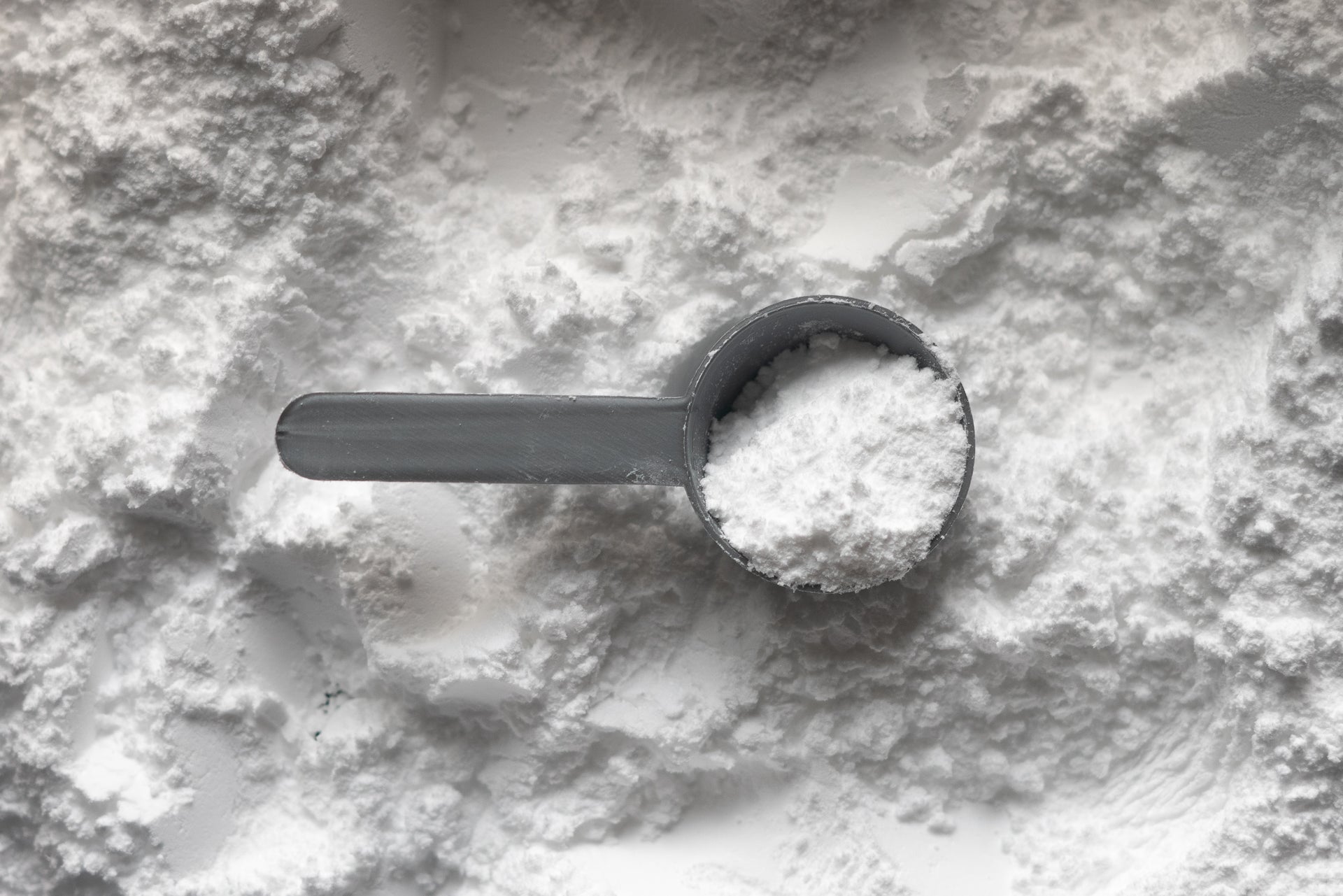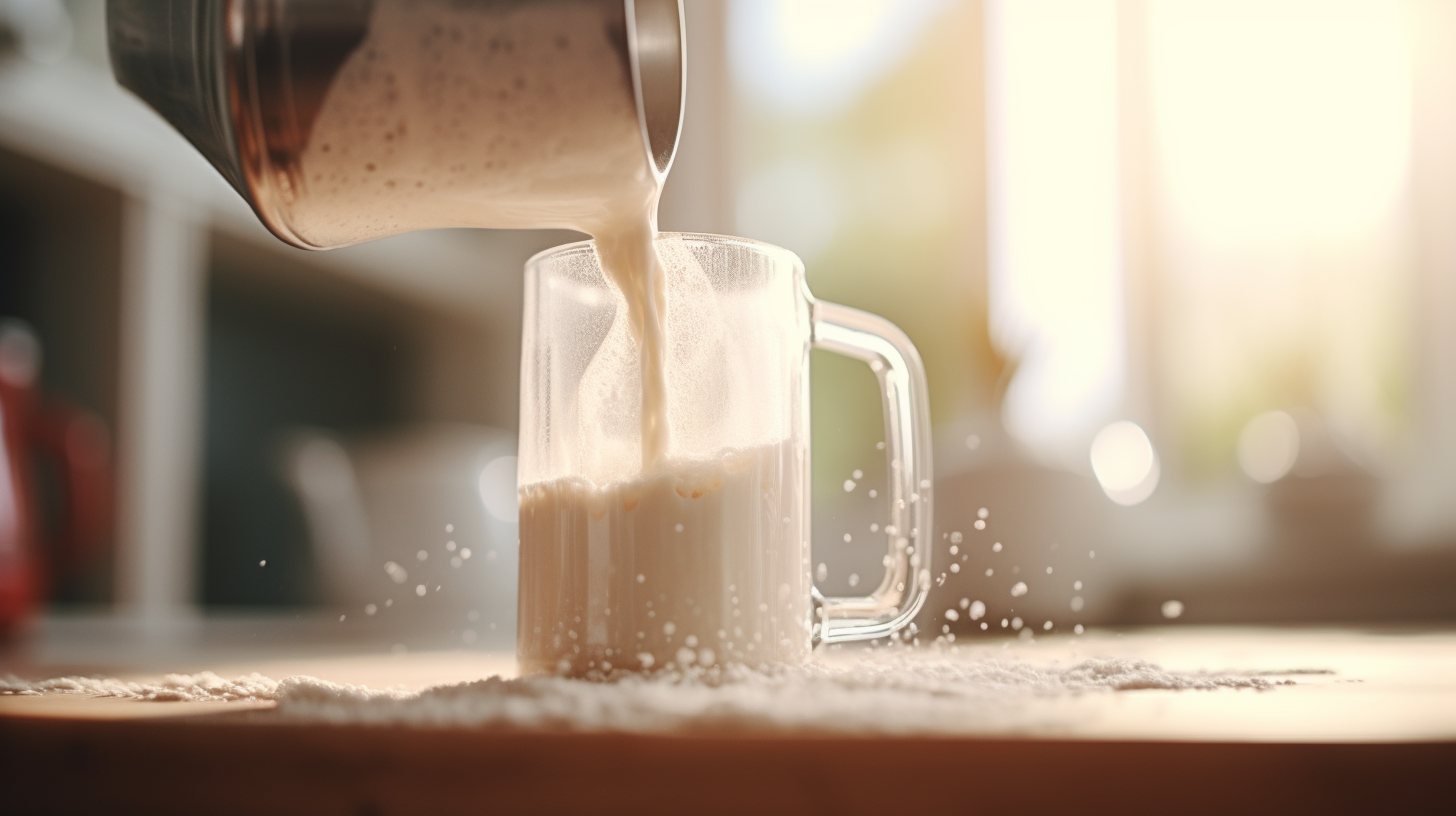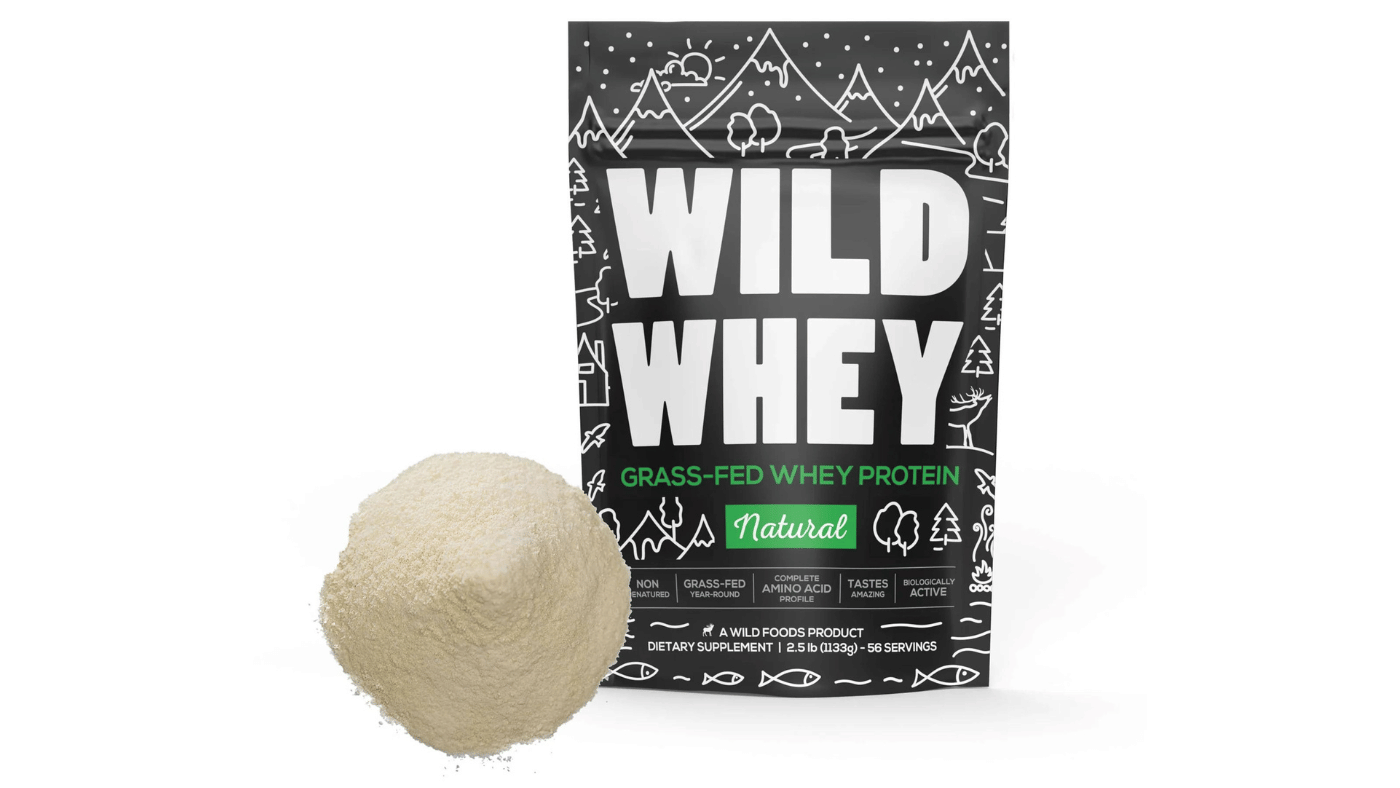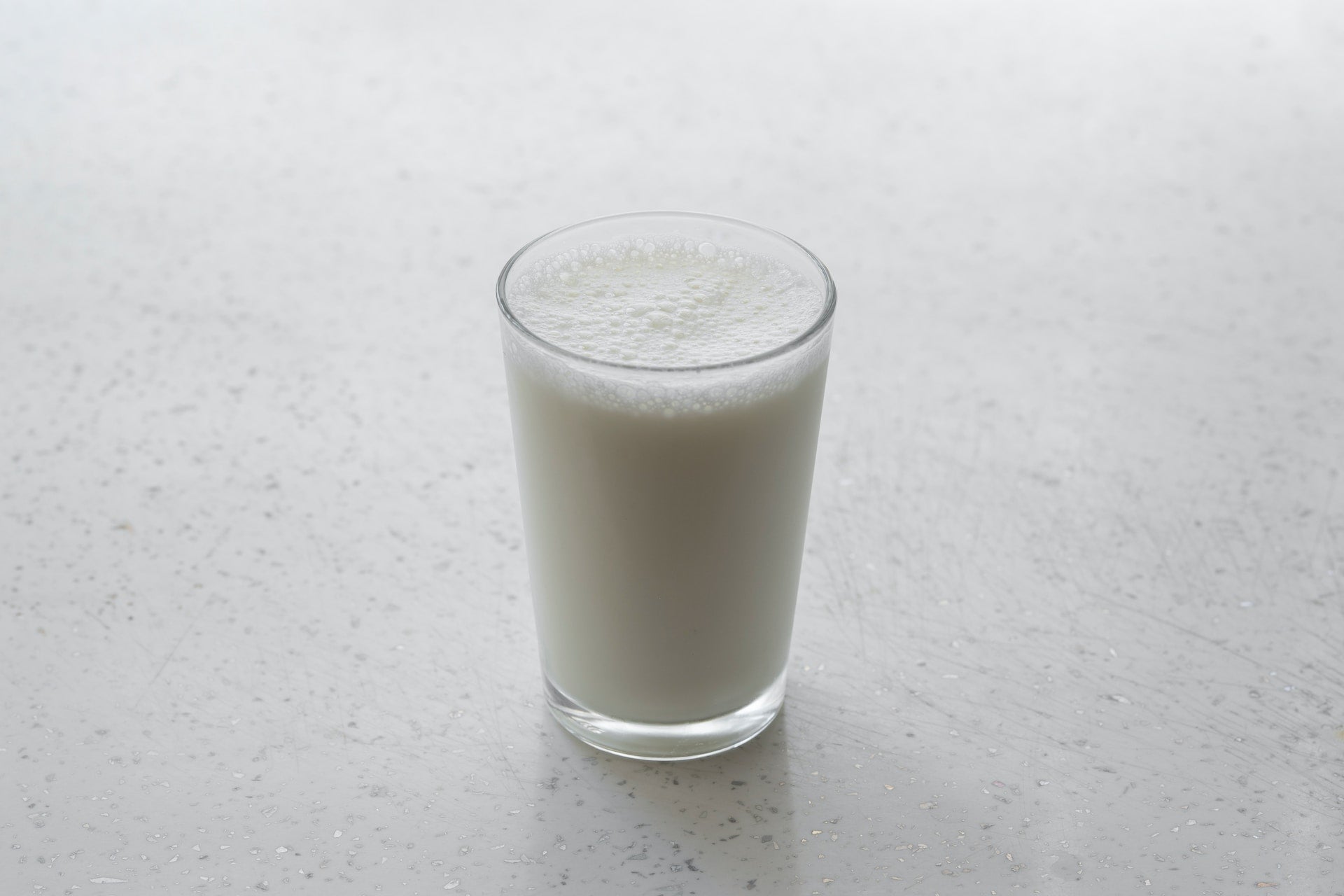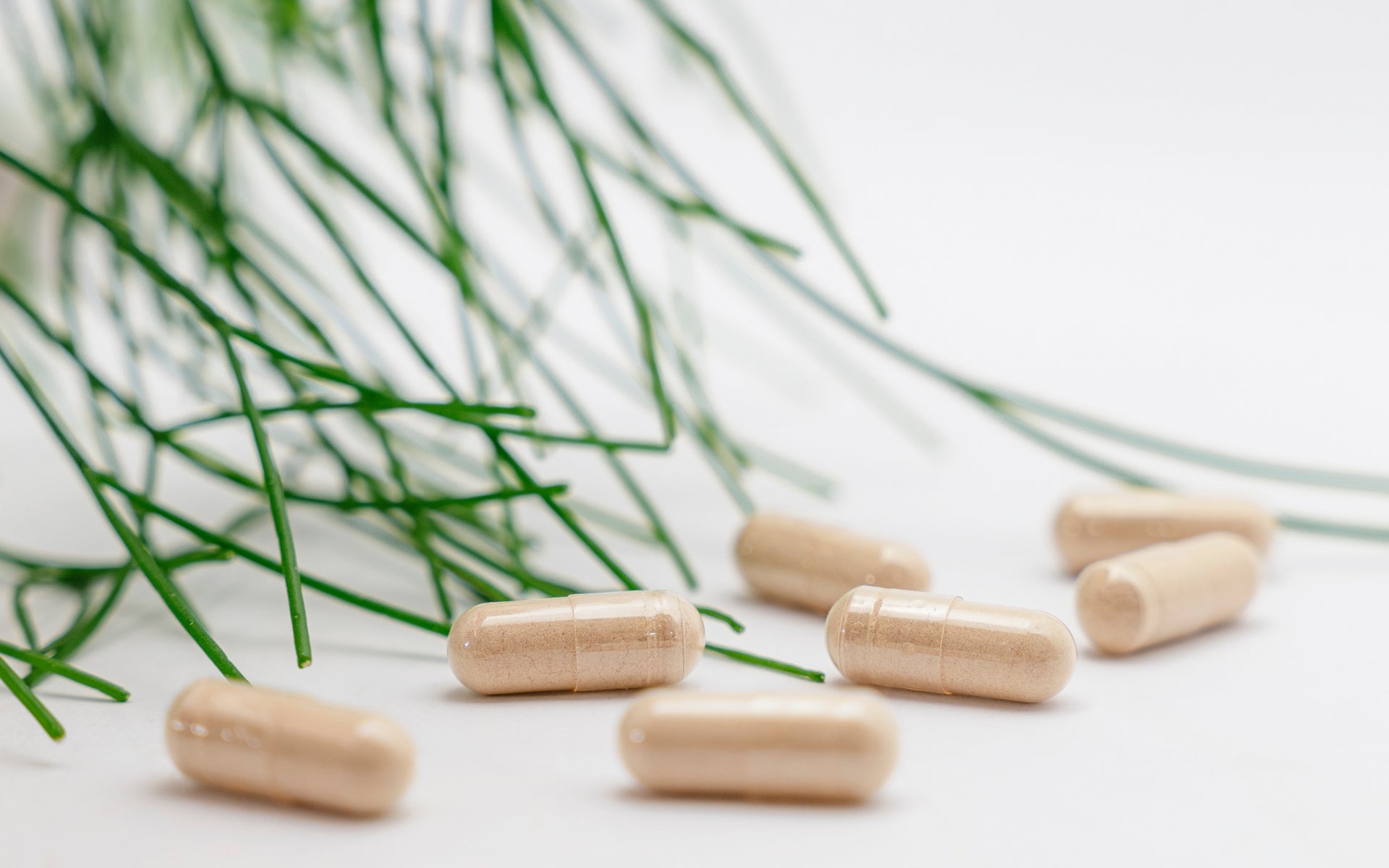Wild Content
-
Whey protein has been linked to acne due to its potential hormonal effects, impact on sebum production, and the potential for inflammation. Excessive consumption of whey protein can increase the risk of developing acne by elevating insulin-like growth factor 1...
-
Whey protein is naturally gluten-free, but some whey protein powders may contain traces of gluten due to cross-contamination during manufacturing. To determine if your whey protein powder is gluten-free, it's important to carefully read and interpret the product labels, look...
-
Whey protein alone is not a suitable meal replacement option for weight loss due to its insufficient calorie, carbohydrate, fat, and micronutrient content. Combining whey protein with other food sources, such as fruits and vegetables, can enhance its effectiveness as...
-
Whey protein can be safely consumed during pregnancy to meet increased protein needs, essential for the growth and development of both the mother and baby. It is recommended that pregnant women aim for approximately 70 - 100 grams of protein...
-
Whey protein isolate is a purer form of whey protein than concentrate, with higher protein content and lower levels of lactose and fats. Whey protein concentrate is a more cost-effective option that still provides high-quality protein. However, it has slightly...
-
This article will guide you through different times of taking whey protein and its benefits, whether you're aiming for muscle gain or weight loss. Whey protein can aid weight loss in the morning by boosting metabolism and controlling cravings. Post-workout...
-
Protein quality and digestibility are crucial when choosing a whey protein powder for muscle gain. Consider whether you prefer plant-based or animal-based protein powders. Pay attention to the processing method and quality of the protein powder. Take into account any...
-
Whey protein is not vegan-friendly. It is derived from animal milk, specifically lactating cows. Making whey protein involves collecting milk from cows, pasteurizing it, separating the curds and liquid whey, filtering out excess lactose and fats, and drying out the...
-
Whey protein powder does have an expiration date, although it doesn't spoil or become harmful like perishable foods. Its shelf life is typically 9-19 months, with an expiry date listed by manufacturers two years from production. Over time, whey protein...
-
By understanding the differences between these two popular supplements, you can choose the one that optimizes your performance goals. So, let's dive in and discover what makes each protein unique! Key Takeaways Whey protein is a fast-acting protein that is...
-
Both whey protein and plant-based protein powders provide similar amounts of protein per serving, but whey protein may have a slight advantage in promoting muscle growth. Whey protein is more easily digestible and quickly absorbed by the body, while plant-based...
-
Diving into the sea of protein supplements can feel like a daunting task. With so many options, you might find yourself caught in the crossfire of the great protein debate: Collagen vs. Whey. In this protein-packed showdown, we'll dissect the...





